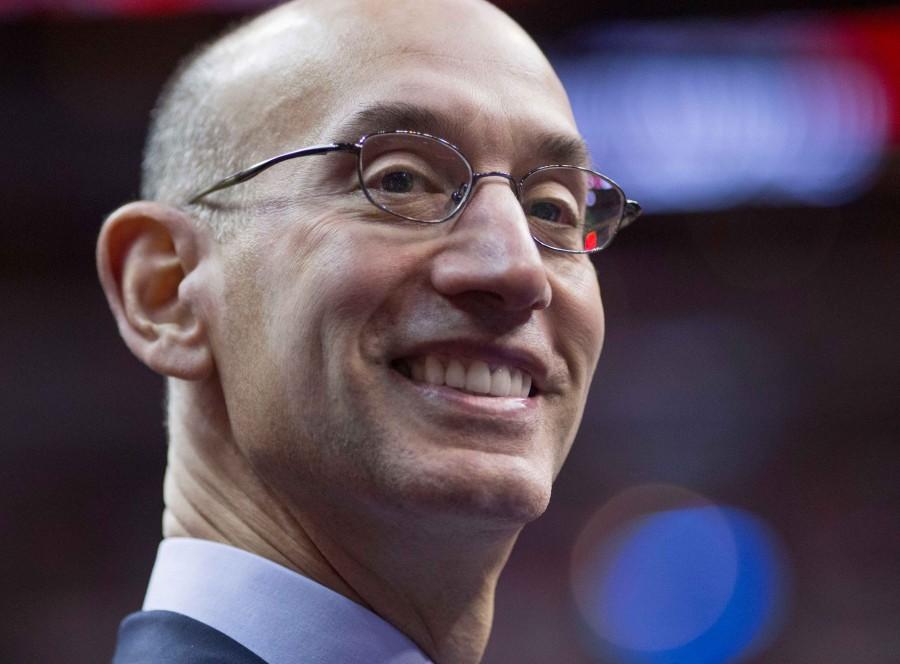Short season
April 14, 2015
On Tuesday, March 17, the Hampton Pirates defeated the Manhattan Jaspers 74-67 in the first round of the NCAA March Madness tournament. Hampton was the only team inducted into the sacred “big dance” that had a sub-500 record, and only received a bid due to their surprising underdog win of the MEAC Conference tournament. It marked the first ever tournament win for the university, a historic feat for all players involved with the team.
Videos soon surfaced of the players jovially jostling one another on the sidelines, smiling, clearly having a fantastic time. They didn’t care that they were going to have to face Kentucky, the Goliath to their David, the behemoth of all college teams.They had absolutely nothing to lose.
What Hampton had in that game was heart. They were out there playing for the love of the game, not caring about the circumstances, thrilled to be receiving media coverage that their school would have never gotten otherwise. It’s the story of every underdog in the tournament, and it’s one of the reasons that college basketball and March Madness continue to be so successful and such a huge favorite among sports fans across the globe. With only thirty two games in a season and a win-or-go-home mindset in the tournament, every single game and possession matters.
Unfortunately, the same cannot be said about the NBA. The vibe in the league during the regular season is frankly quite disappointing. The game is slower, defense is lacking, they take games off for “rest,” and you honestly just don’t see the heart or character that you see from certain guys during playoff time. This isn’t entirely the players fault, though. It’s unrealistic for players to be expected to play 100 percent every game, especially when they are playing 82 games a season. Part of the reason that the NFL is the most popular American sport is that you see guys out there giving everything they have for one single score, because in a 16 game season every victory matters significantly.
In the NBA, games don’t truly matter until the playoffs—the very best teams still tally around twenty losses a season—so consequentially come playoff time the entire atmosphere of the league changes. Suddenly the game gets faster, the crowds get louder and the emotions run higher than ever before. It’s because each single game is just as important as the one before. You battle it out for a chance to keep your season alive or end it in turmoil. Wouldn’t it be cool if just a little of that vibe translated into the regular season too?
In a recent interview with the New York Daily News, NBA Commissioner Adam Silver said that there were no plans in the future to shorten the season, and that he heard from league fans that even they could not get enough of NBA basketball and didn’t want the season shortened.
That’s entirely the problem, Mr. Silver. Every sport has the fans that watch every single game and follow the league as a whole instead of just one specific team. It’s not about appealing to those people, because they’ll be with the NBA no matter what. It’s about appealing to the masses, those who just tune in to a few games a year. There’s no incentive for these people to watch a regular season game because there’s going to be 82 more of them. They’re viewing just a small piece of a player’s entire season. If the season were shortened to somewhere under 60 games, suddenly each game matters that much more, each player goes that much harder and each win or loss could make or break a season. The league needs to create a go hard or go home atmosphere for the whole season, because if every game has that sense of urgency that fuels the lifeblood of March Madness, then the NBA’s popularity will skyrocket.
By shortening the season, players would be more well rested and able to put better effort into each game, and the NBA could move that much closer to games being just as big of an event as an NFL Sunday.




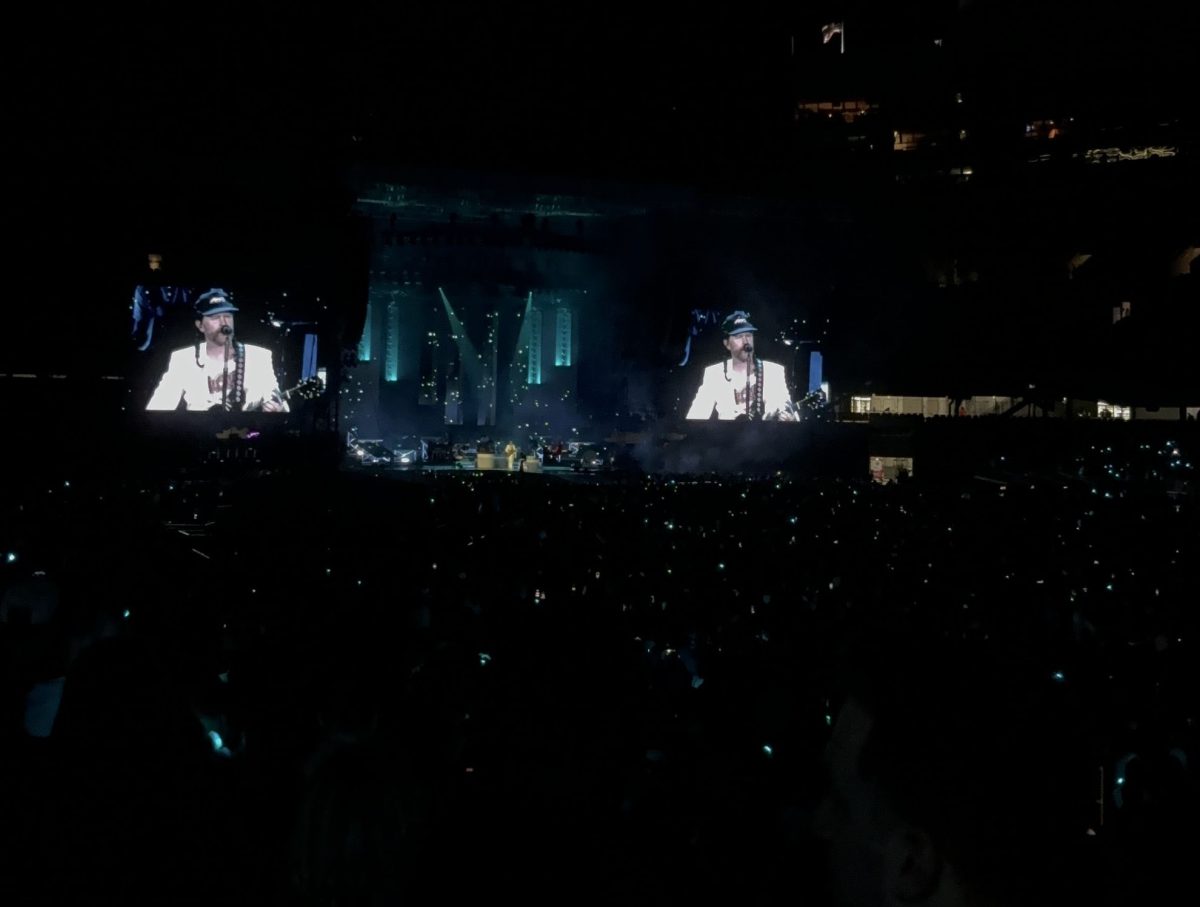
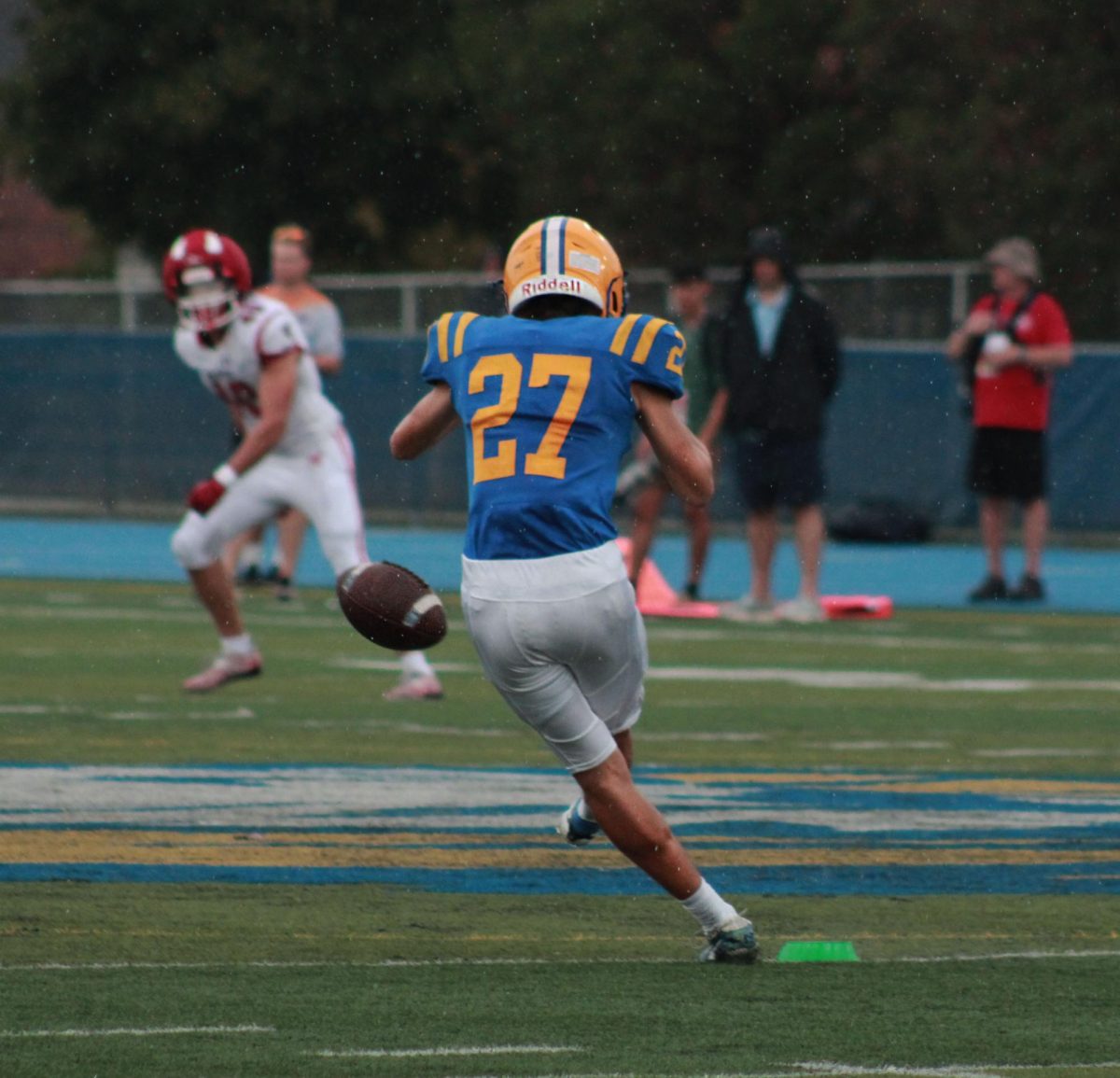




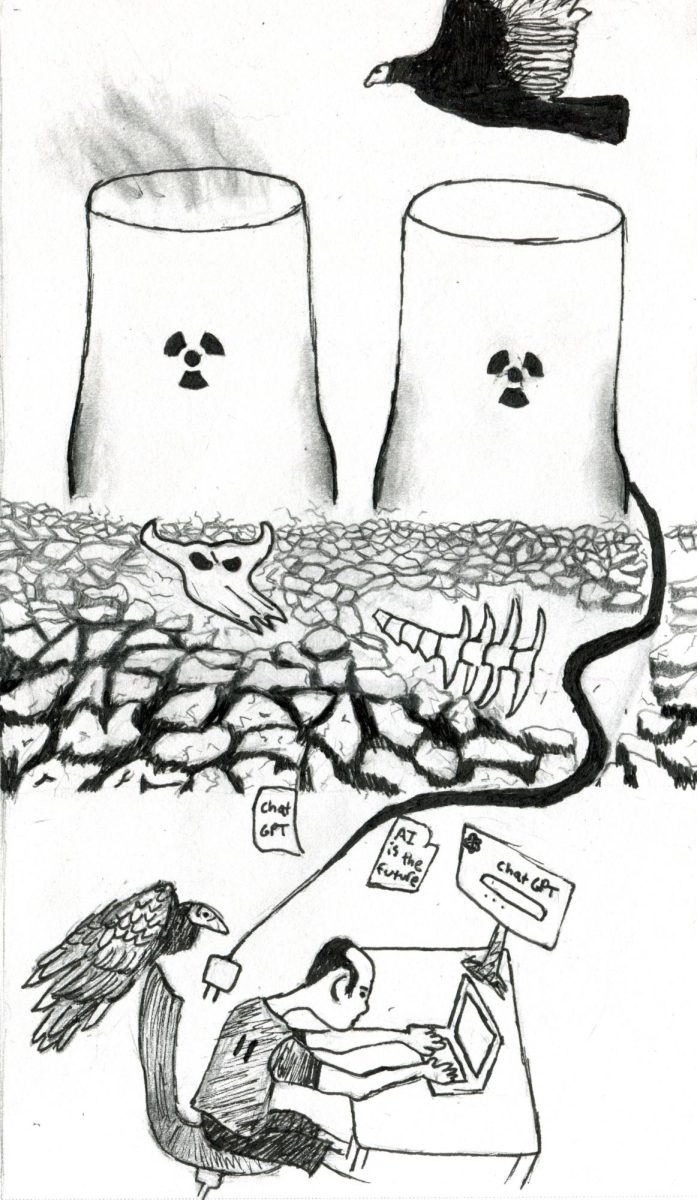
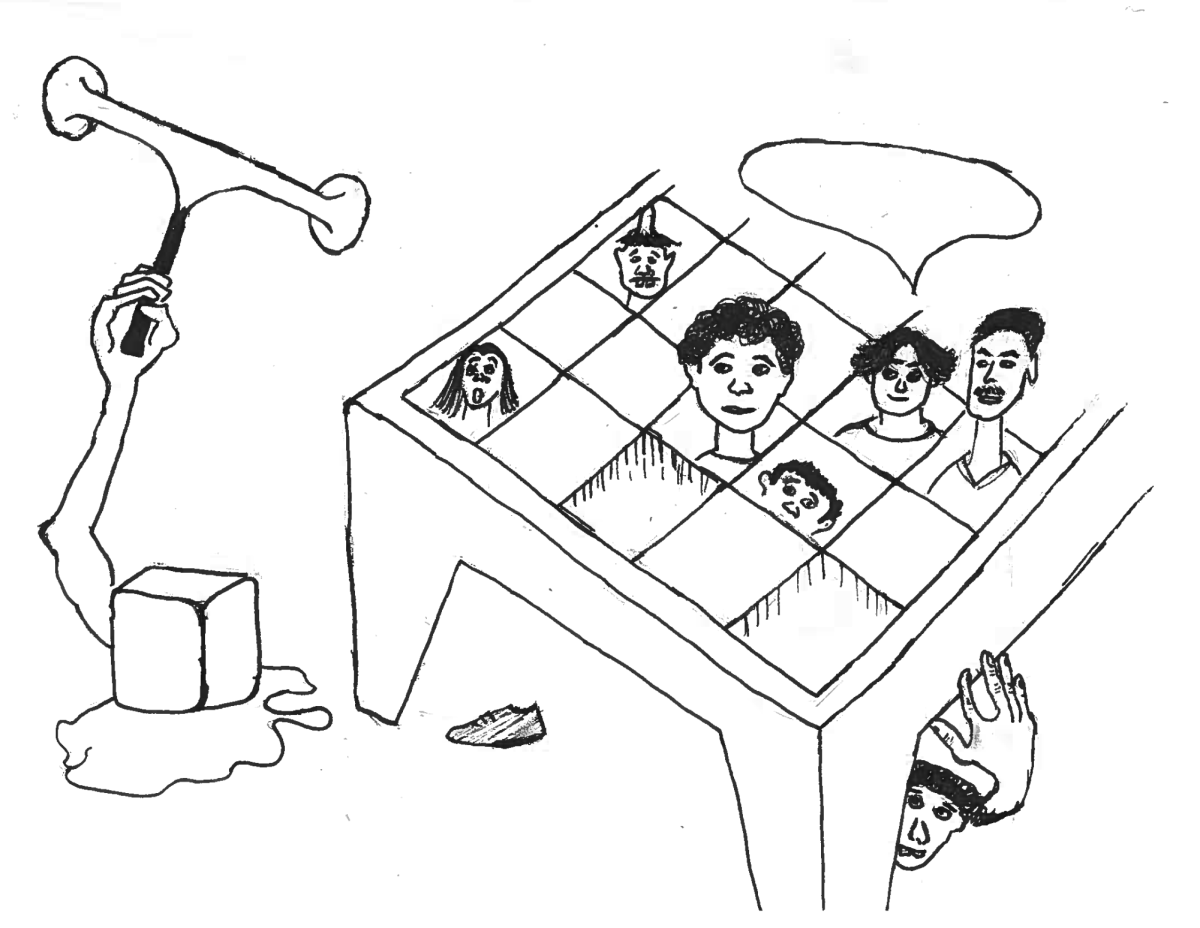
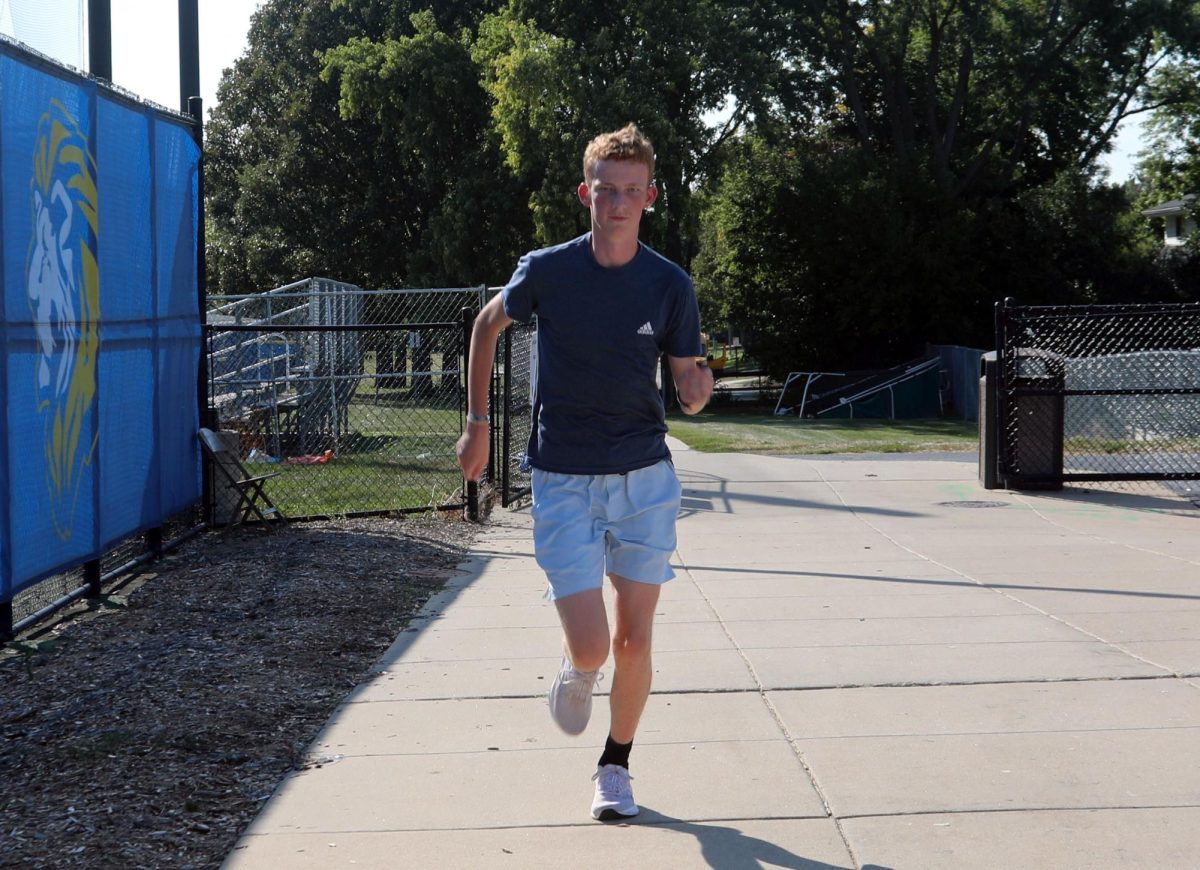





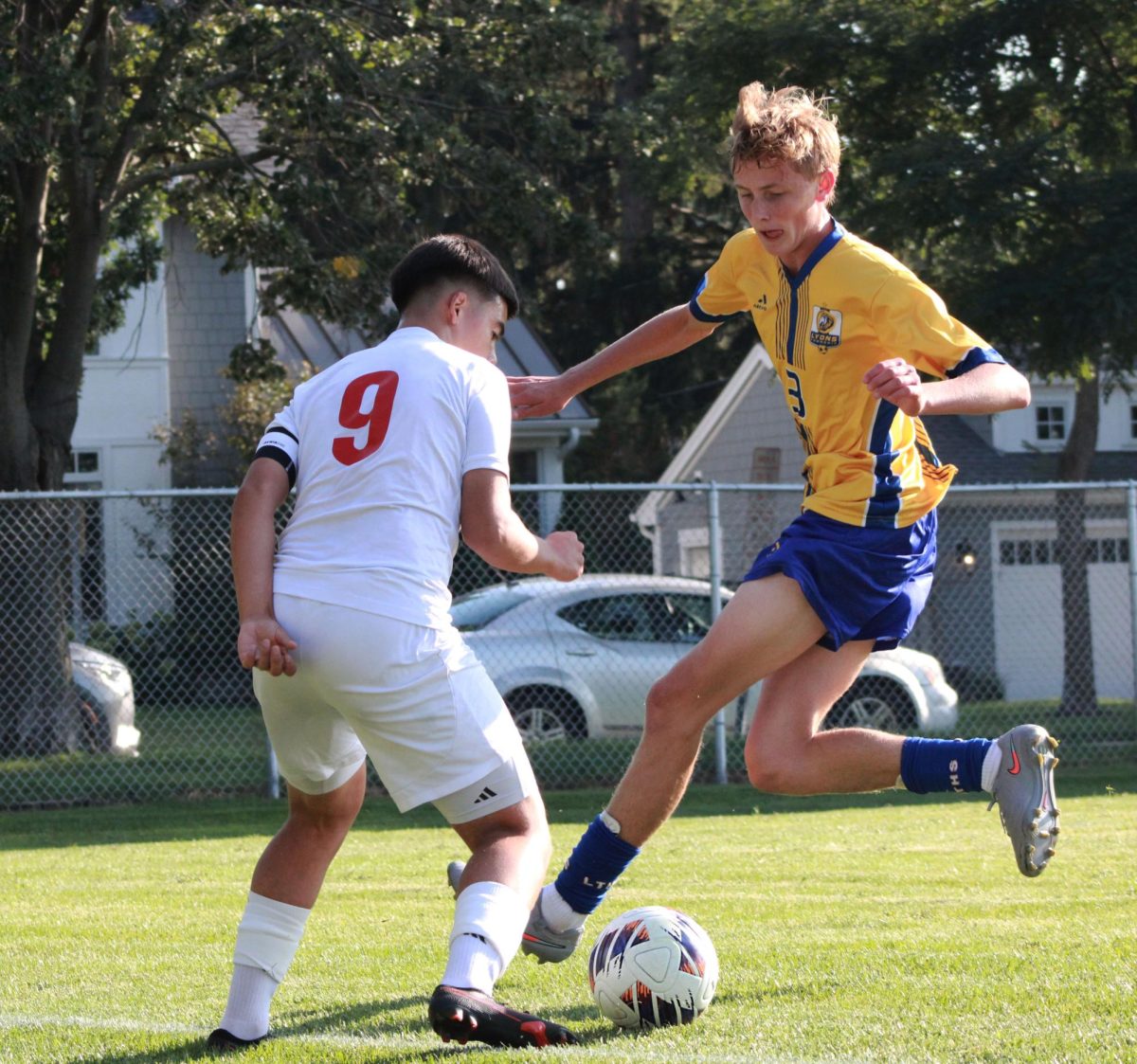
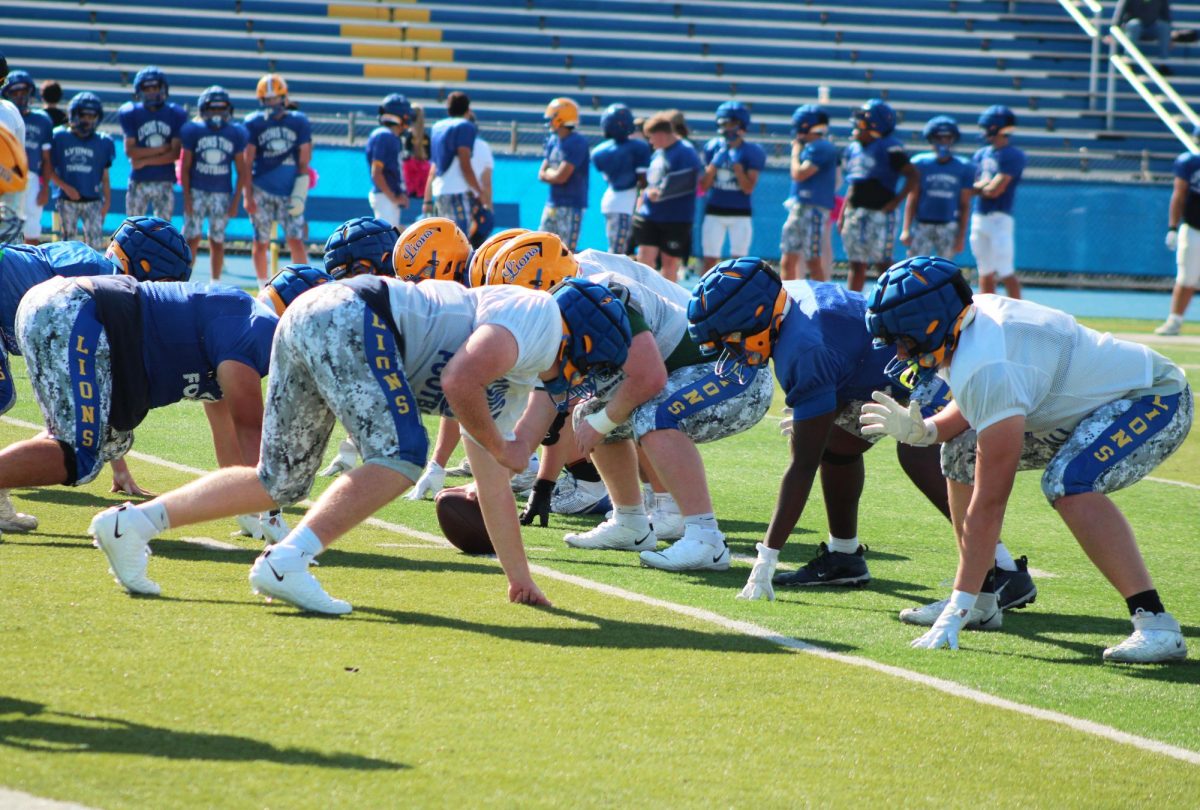





![Movie poster for '[Rec]" (2007).](https://www.lionnewspaper.com/wp-content/uploads/2023/04/rec-640x900.jpg)


